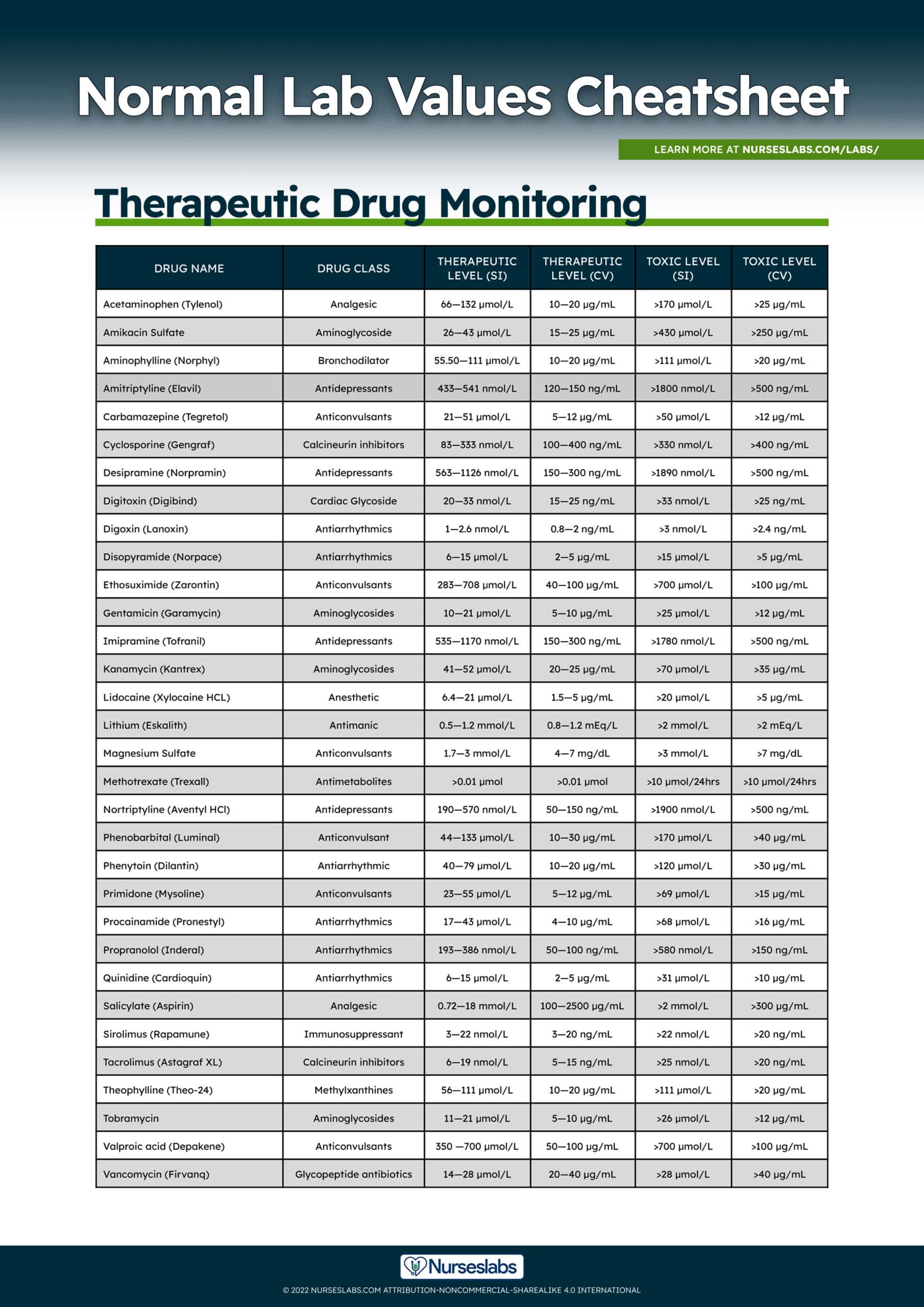The Role of Veterinary Labs in Protecting Pet Health
The Role of Veterinary Labs in Protecting Pet Health
Blog Article
Our furry friends are part of our lives, and ensuring their well-being takes proactive care. Animal diagnostic centers are key components in guiding treatment plans for our four-legged friends.
In this guide, we’ll delve into how diagnostic testing supports pet health and highlight the most common exams.
How Do Veterinary Laboratories Work?
Diagnostic labs for pets are specialized centers for testing biological materials. Veterinary professionals use these labs to ensure timely interventions.

Steps in veterinary testing usually includes:
- Obtaining specimens: Biological materials are collected at clinics.
- In-depth testing: State-of-the-art processes evaluate the samples.
- Reporting outcomes: Insights guide care plans for effective health management.
Key Diagnostics for Pet Health
Diagnostic exams are tailored to pet needs to monitor overall health. Popular tests include:
- Hematology panels: Monitor immune responses.
- Urine diagnostics: Evaluate kidney function.
- Stool testing: Ensure proper nutrient absorption.
- Dermatological diagnostics: Identify irritants.
- Structural health assessments: Spot fractures or injuries.
laboratório veterinario
The Benefits of Veterinary Testing
Routine diagnostics helps catch problems early. With timely diagnostics, you save on emergency costs.

Why diagnostics matter include:
- Better disease management: Vets can tailor treatments.
- Saving on future treatments: Ongoing health is monitored affordably.
- Confidence in care: Regular tests keep you informed.
laboratório veterinário são josélaboratorio caes e gatos
The Value of Diagnostics for Pet Owners
Animal diagnostic centers are vital for protecting the health of dogs and cats. By using these valuable resources, you give them the care they deserve.
Schedule a diagnostic exam now and support their wellness every step of the way!
Report this page